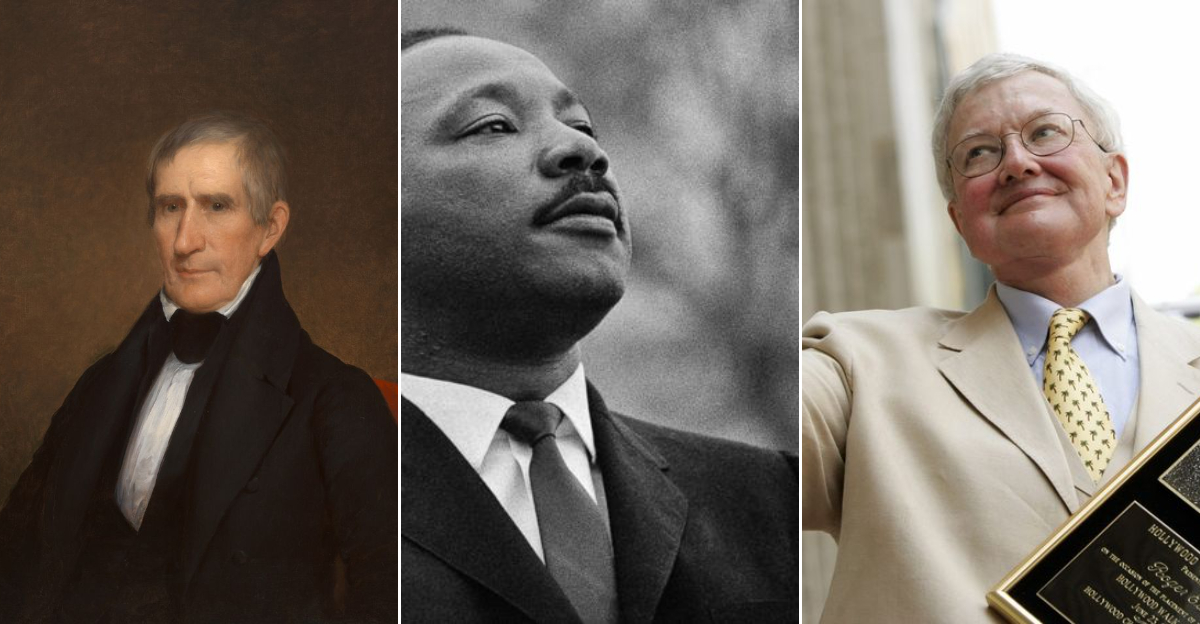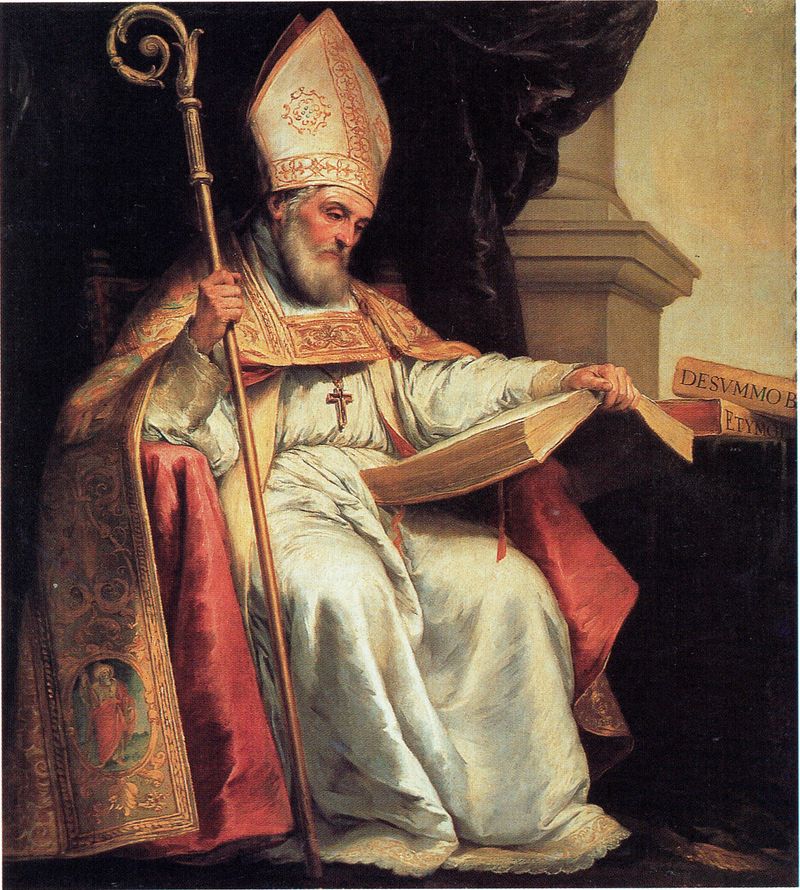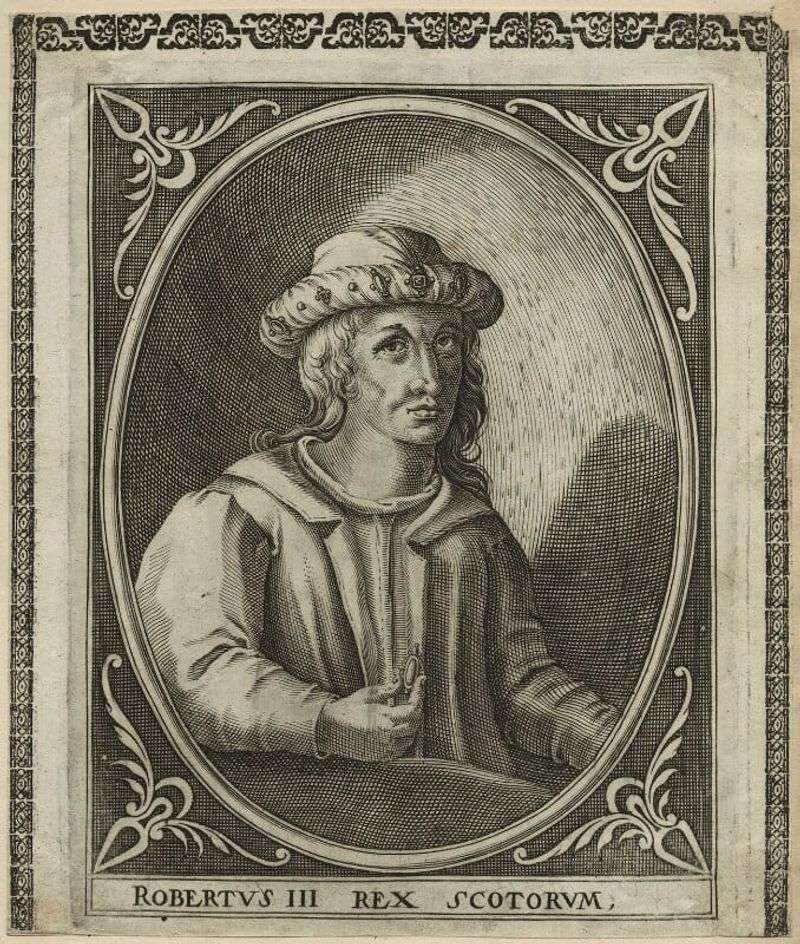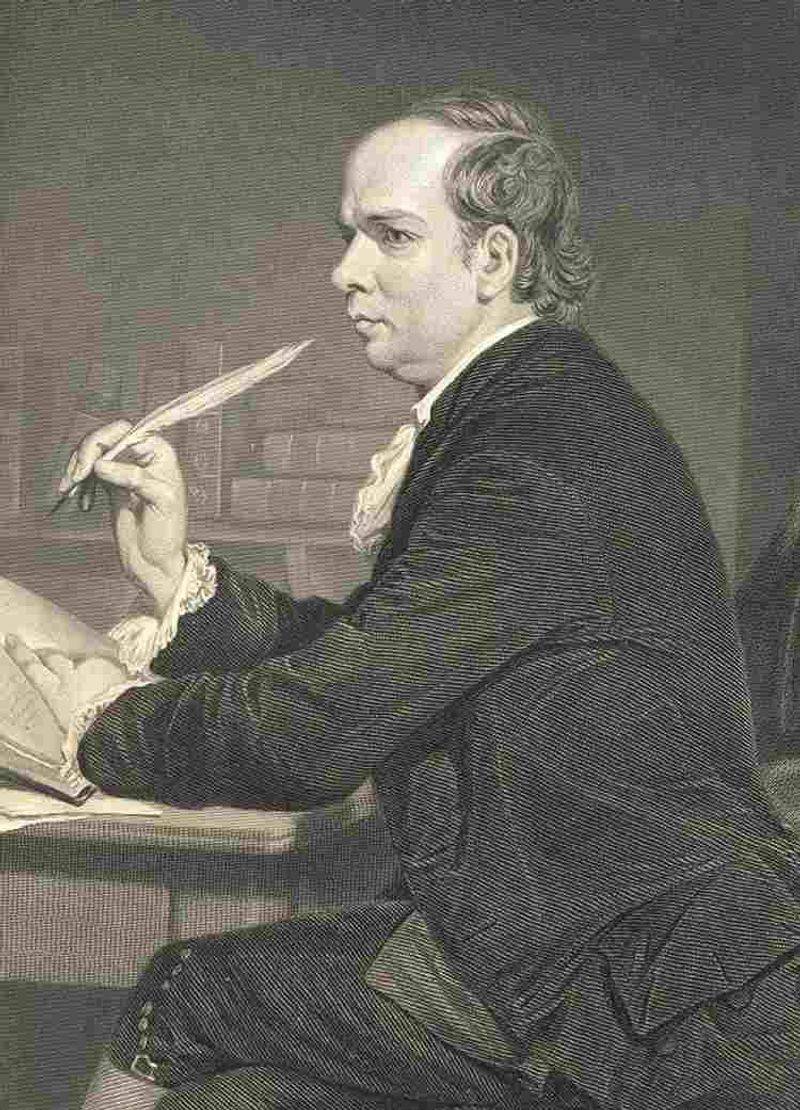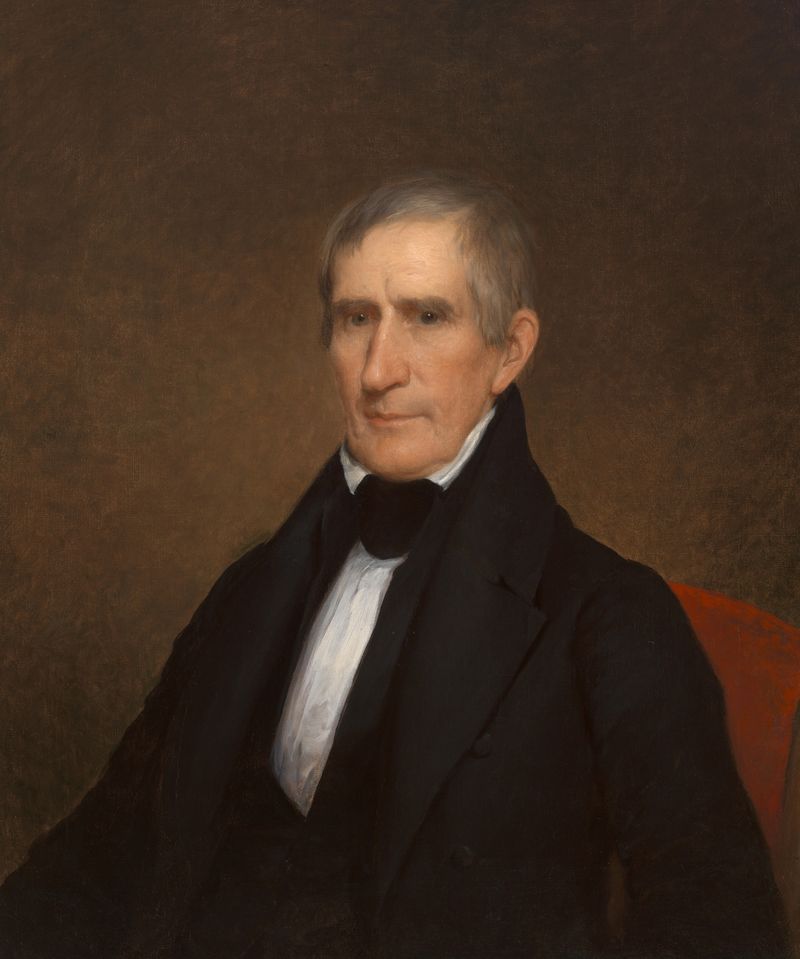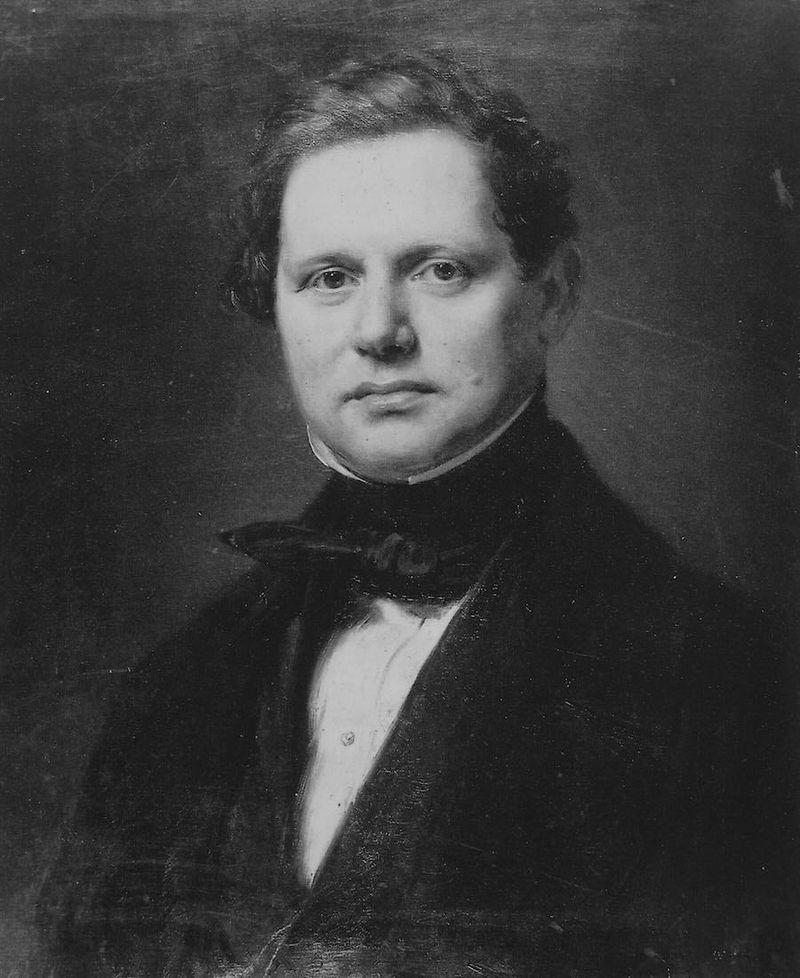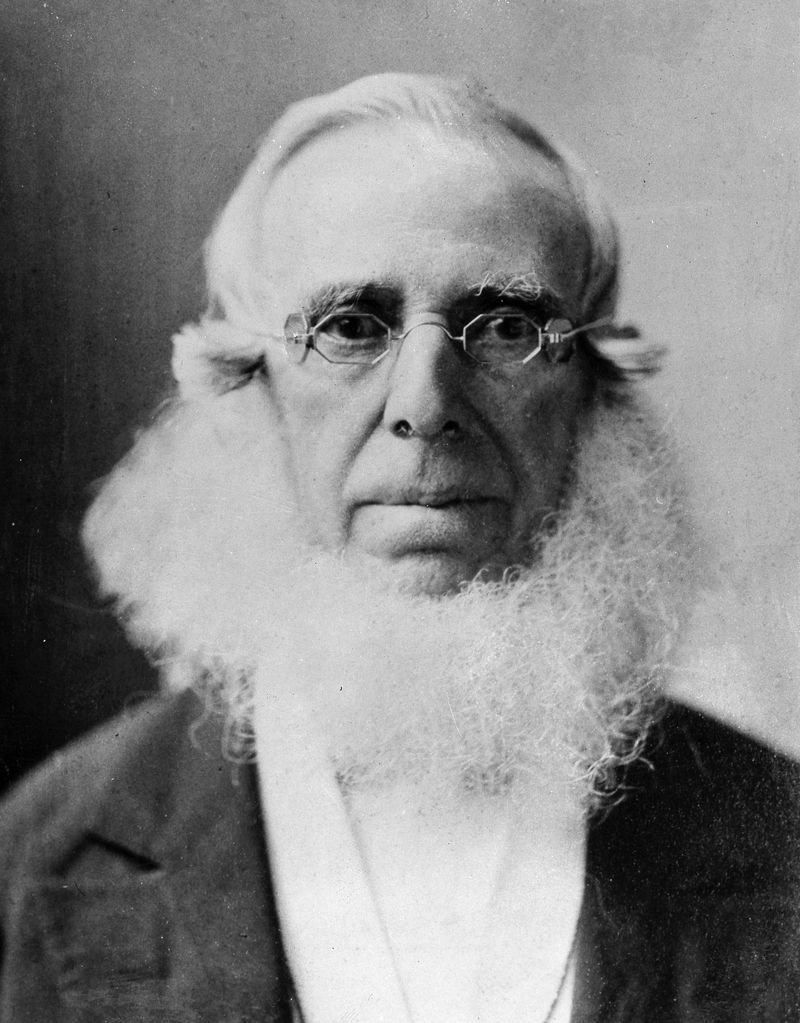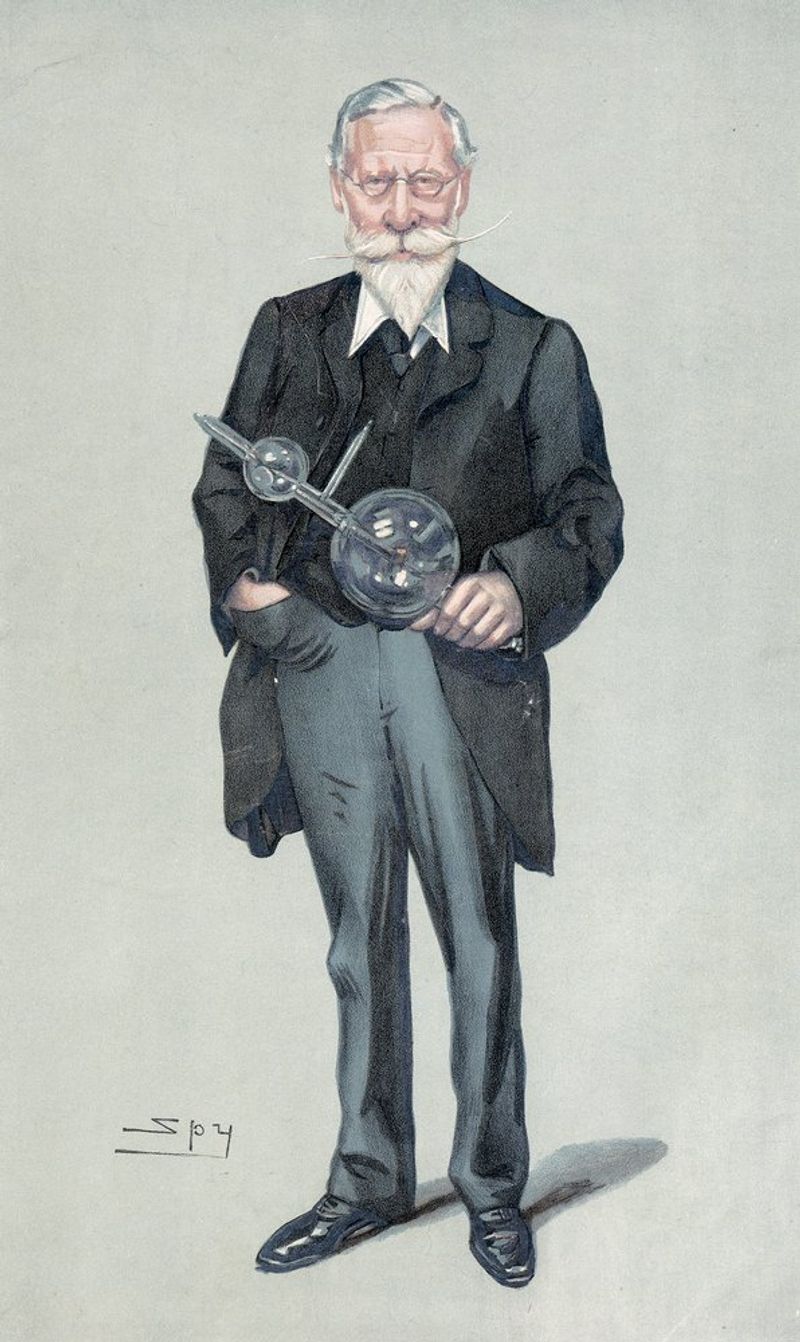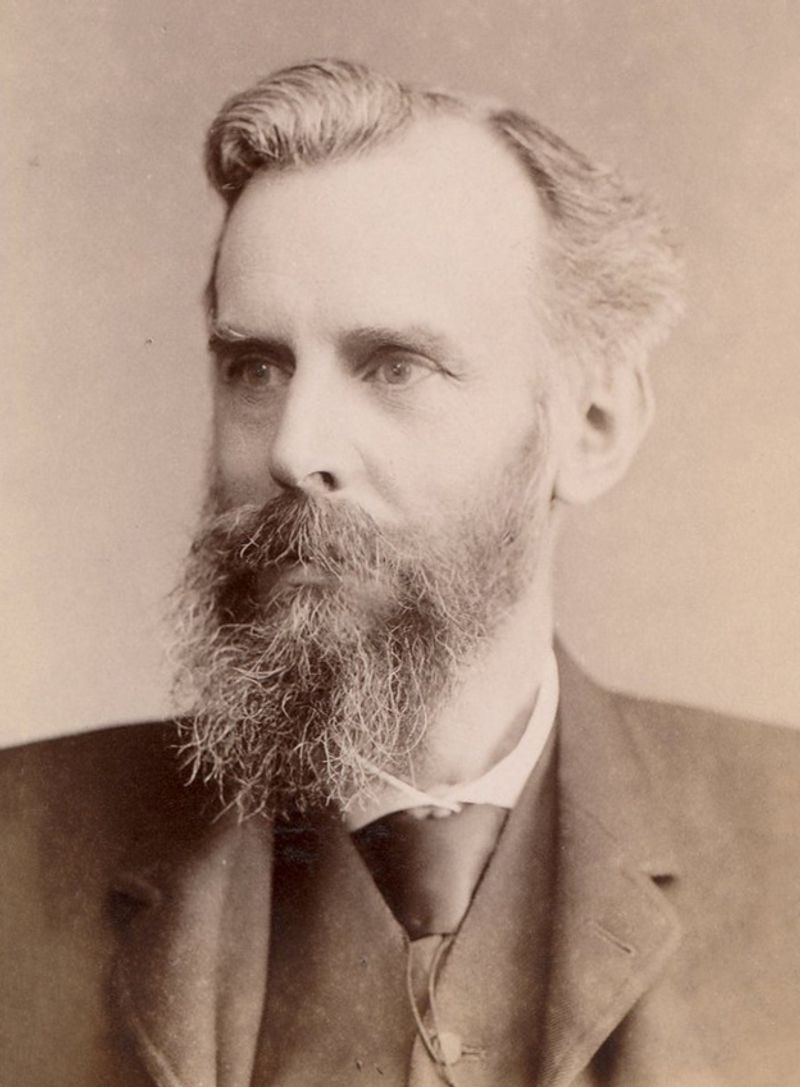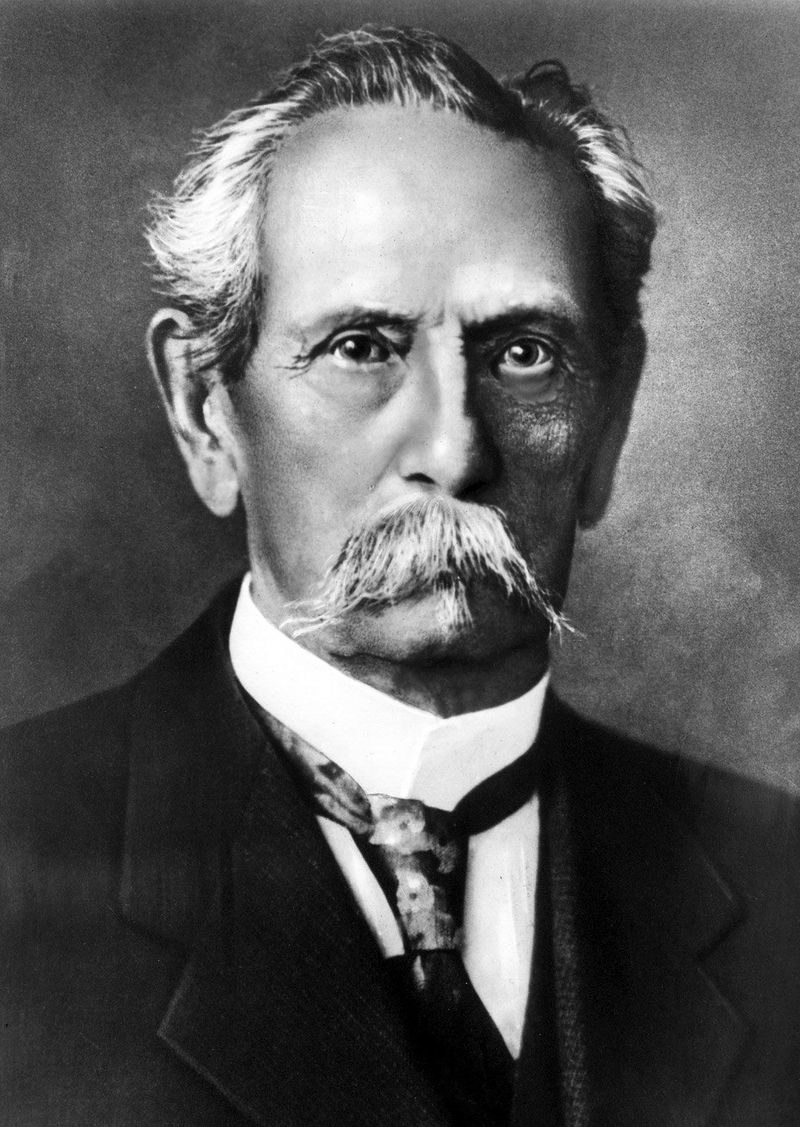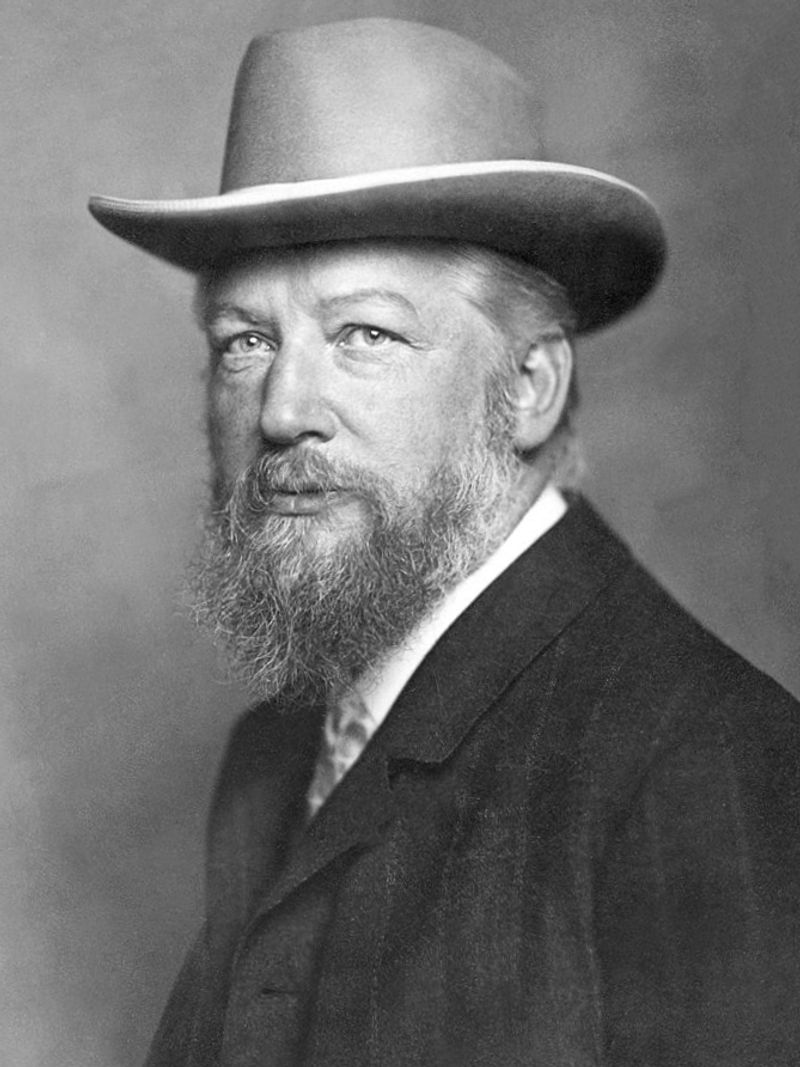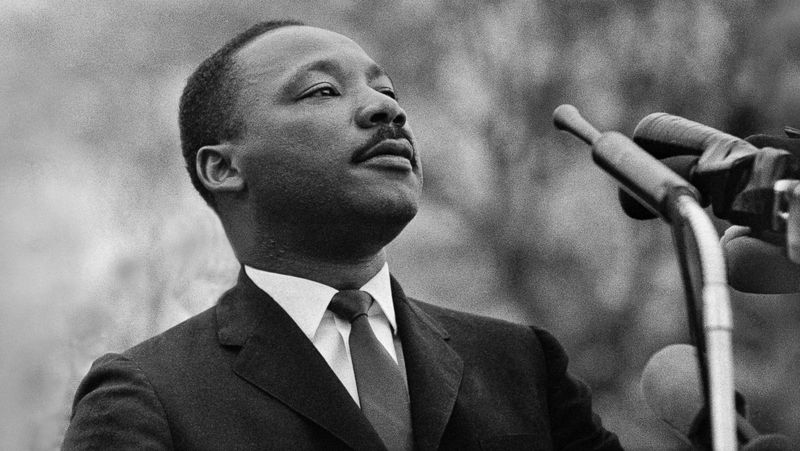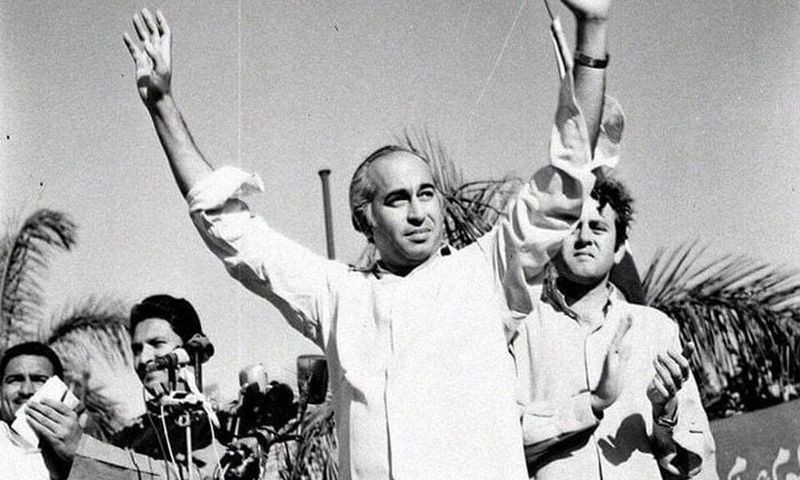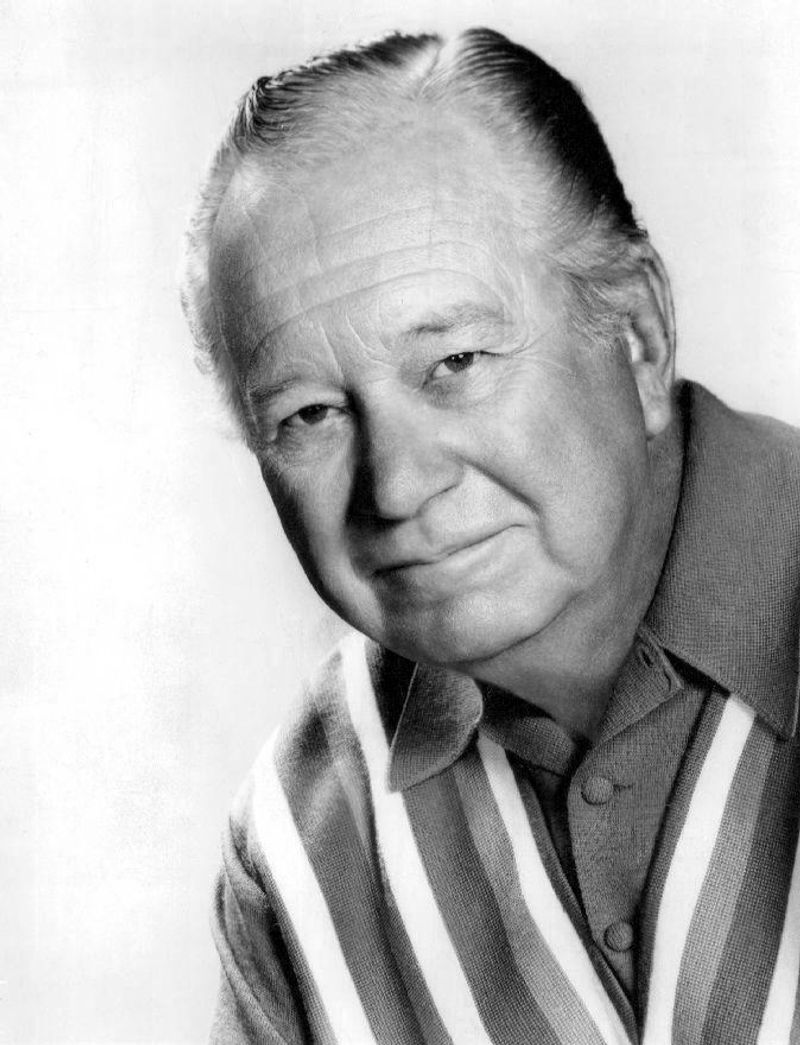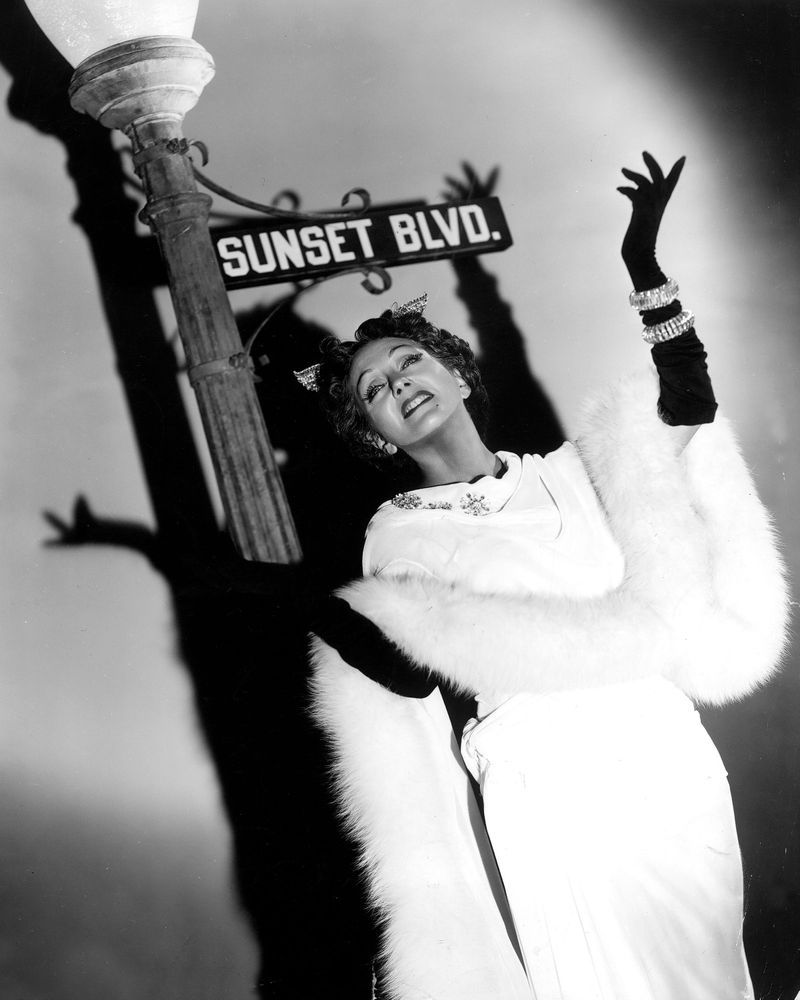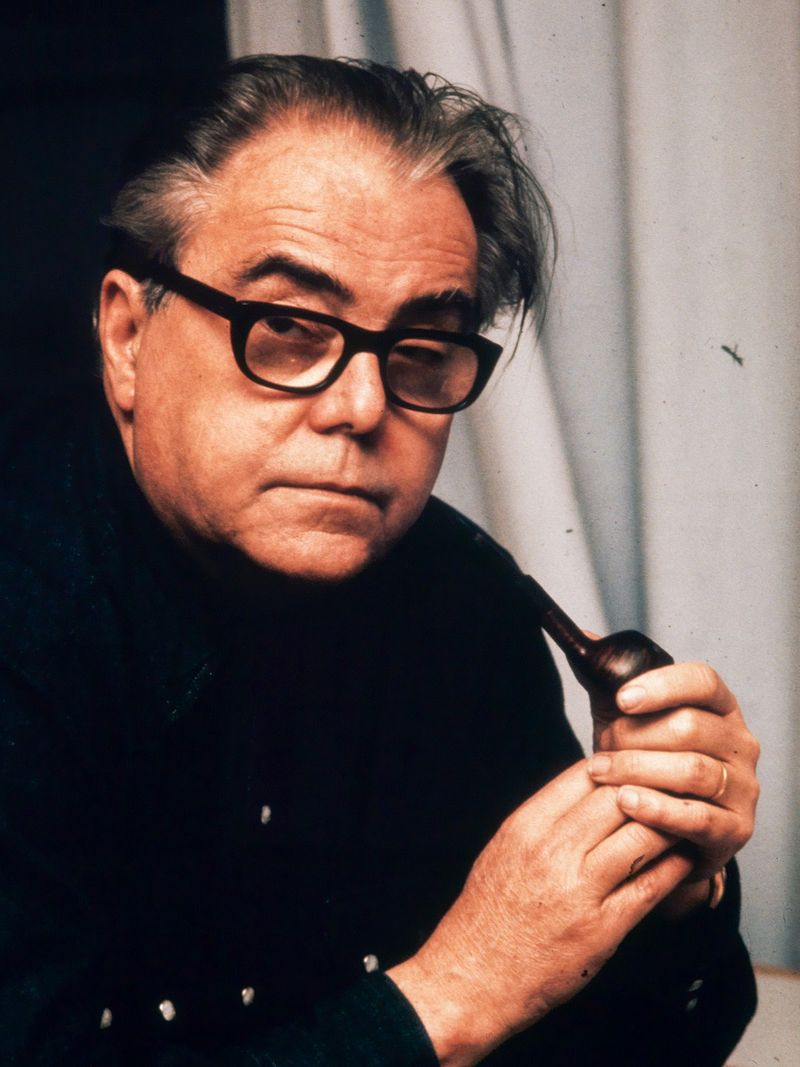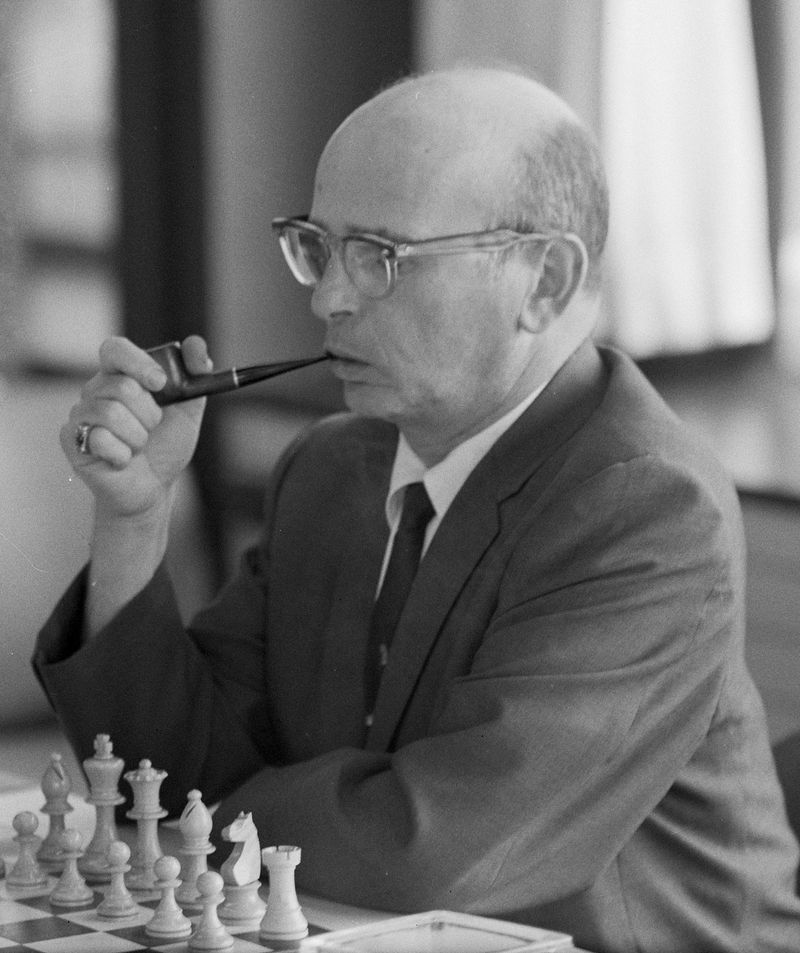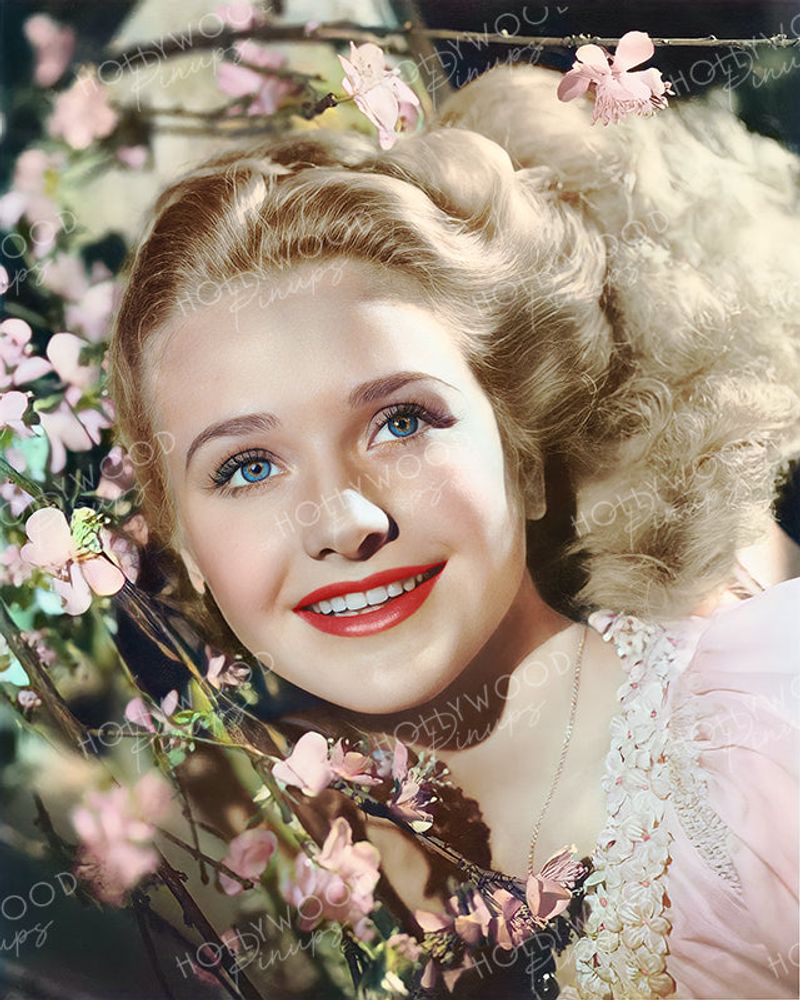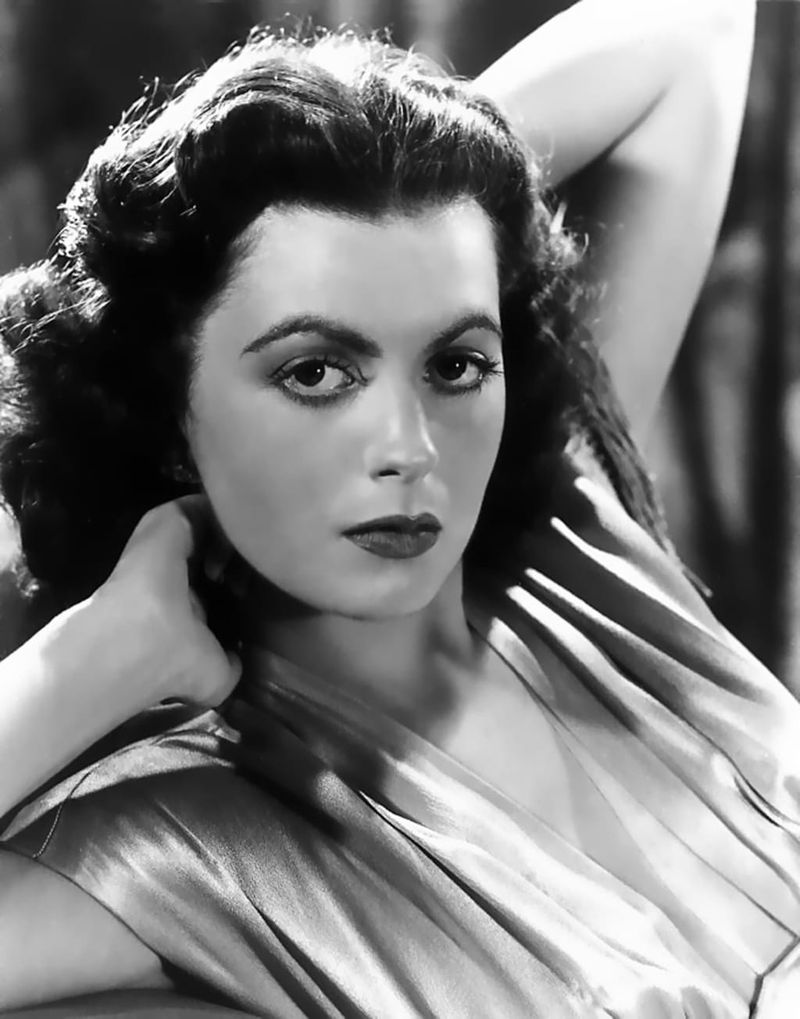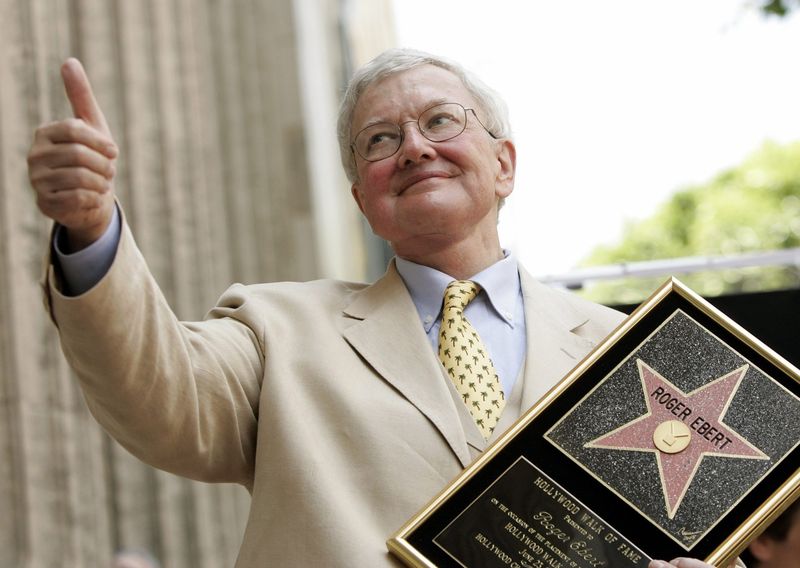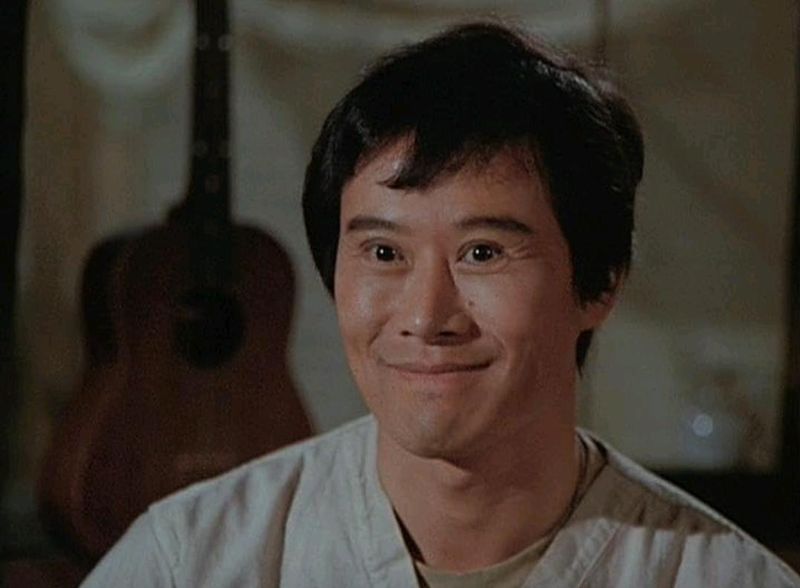April 4 has been a significant date in history, marking the passing of numerous notable individuals. From scholars and leaders to artists and scientists, the legacies left behind by these figures continue to influence and inspire many.
In this article, we’ll explore the lives and contributions of 20 famous people who departed on this day, each leaving a unique mark on the world.
1. Isidore of Seville, Scholar and Archbishop, 636
Isidore of Seville was not only a revered archbishop but also a brilliant scholar whose works laid foundations for medieval learning. Born in 560, he spent much of his life compiling comprehensive texts that would be used for centuries.
His ‘Etymologiae’ was an ambitious attempt to capture all human knowledge. One might picture him poring over ancient manuscripts, shaping the future of education.
With his brother Leander, he played a significant role in converting the Visigoths from Arianism to Catholicism, strengthening the church’s influence in Spain. His intellectual pursuits remain celebrated and studied.
2. Robert III of Scotland, King of Scotland, 1406
Robert III’s reign was marked by struggles and familial discord. Born in 1337, he ascended to the throne amidst a turbulent period.
His health was frail, and his reign saw significant challenges, including the capture of his son, James I. Robert’s leadership was often overshadowed by his brother, the Duke of Albany, who wielded considerable power.
Despite these difficulties, he maintained a deep commitment to Scotland. Historians often ponder his potential under different circumstances. His legacy is complex, reflecting both the trials and richness of Scotland’s royal history.
3. Oliver Goldsmith, Irish Novelist and Playwright, 1774
Oliver Goldsmith’s wit and prose captured the essence of 18th-century society. Known for his novel ‘The Vicar of Wakefield’ and play ‘She Stoops to Conquer,’ his works offered both humor and critique.
Born in 1728, Goldsmith’s early life was filled with wanderlust, influencing his storytelling. His poetry, including ‘The Deserted Village,’ lamented the loss of rural life.
Goldsmith’s narratives often echoed with themes of social change and human folly. Though his financial habits were questionable, his literary contributions have endured, making him a cherished figure in literature.
4. William Henry Harrison, 9th President of the United States, 1841
William Henry Harrison holds the unfortunate distinction of having the shortest presidency in U.S. history. Elected in 1841, his tenure lasted merely 31 days before succumbing to pneumonia, believed to be contracted from his lengthy inaugural address.
Born in 1773, Harrison’s career prior to the presidency was rich with military leadership and governance.
His victory at the Battle of Tippecanoe earned national fame. Despite his brief time in office, his campaign slogans and imagery became iconic in American politics, leaving a peculiar yet memorable legacy.
5. Heinrich Gustav Magnus, German chemist and physicist, 1870
Heinrich Gustav Magnus was a pioneering scientist whose work traversed chemistry and physics. Born in 1802, Magnus is best known for the ‘Magnus effect,’ explaining the behavior of spinning objects.
His research extended to gases, leading to significant advancements in our understanding of physical properties. Magnus’s meticulous experiments set new standards in scientific methodology.
His teachings and discoveries inspired future generations, making him a revered figure in scientific history. Through his work, Magnus demonstrated the interconnectedness of disciplines, fostering a more holistic view of the sciences.
6. Peter Cooper, inventor and philanthropist, 1883
Peter Cooper, an innovative inventor and philanthropist, left a lasting legacy through his contributions to industry and education. As the mind behind the Tom Thumb locomotive, Cooper revolutionized transportation, paving the way for future advancements in engineering.
His commitment to social progress was evident in his founding of Cooper Union, an institution dedicated to education and equality.
Cooper’s vision for a better society extended beyond his inventions, inspiring future generations to pursue knowledge and innovation. His life’s work continues to influence the fields of engineering and education, proving the enduring power of visionary thinking.
7. William Crookes, English chemist and physicist, 1919
William Crookes was a visionary scientist whose curiosity led to significant discoveries in chemistry and physics. Born in 1832, he is renowned for discovering thallium and exploring cathode rays, which laid groundwork for electron research.
Crookes’ pioneering work in radiometry showcased his inventive spirit, leading to the development of the Crookes radiometer. His contributions extended beyond pure science, influencing the evolution of technology.
Crookes’ insatiable quest for understanding and innovative approach have left an enduring mark on modern scientific exploration.
8. John Venn, English mathematician, logician, and philosopher, 1923
John Venn, the mathematical genius behind the Venn diagram, revolutionized the way we visualize relationships and sets. His innovative diagrams provided a simple yet powerful tool for logic and probability, bridging gaps between abstract concepts and practical applications.
Beyond his contributions to mathematics, Venn was a respected academic and philosopher. His intellectual curiosity and creativity left a profound impact on the field, influencing various disciplines.
Venn’s legacy lives on in classrooms and research, where his insights continue to illuminate complex ideas with clarity and elegance.
9. Karl Benz, German Engineer and Inventor, 1929
Karl Benz revolutionized transportation with the invention of the first practical automobile. Born in 1844, his vision of a horseless carriage came to life in 1885 with the Benz Patent-Motorwagen.
This engineering marvel paved the way for modern cars, changing the face of mobility forever. Benz’s innovative spirit extended beyond automobiles, influencing future generations of engineers.
His determination and ingenuity are often seen as the cornerstone of automotive development. Though the world has vastly evolved since his time, his impact remains undeniably present in every vehicle today.
10. Wilhelm Ostwald, Latvian-German Chemist, Nobel Laureate, 1932
Wilhelm Ostwald, a pioneering chemist, made groundbreaking contributions to the field of catalysis. Born in 1853, his research laid the groundwork for understanding chemical reactions.
Awarded the Nobel Prize in Chemistry in 1909, Ostwald’s work on the rates of chemical processes remains influential. His curiosity extended to philosophy and the organization of scientific knowledge.
A founder of the field of physical chemistry, Ostwald’s legacy is reflected in both academic and industrial advancements. His life demonstrates the profound impact of dedicated scientific inquiry on modern chemistry.
11. Martin Luther King Jr., American Baptist minister, activist, and political philosopher, 1968
Martin Luther King Jr., a beacon of hope and equality, was tragically assassinated on April 4, 1968. His words, echoing through time, still resonate in the hearts of those fighting for justice and peace.
With a voice as powerful as a thousand marching feet, he led the civil rights movement with courage and determination. Born to inspire, King’s legacy is a testament to the power of nonviolent resistance.
He painted dreams of freedom with every speech, his eloquence unmatched. Remember his impact on American history, as his vision continues to guide the path toward a more equitable future.
12. Zulfikar Ali Bhutto, 4th President and 9th Prime Minister of Pakistan, 1979
Zulfikar Ali Bhutto was a charismatic leader whose vision shaped modern Pakistan. Born in 1928, his political career began in the 1950s, and he quickly rose to prominence.
As President and later Prime Minister, Bhutto implemented significant reforms, including nationalization and land redistribution. However, his tenure was marred by political turmoil and controversy.
Overthrown in 1977, Bhutto faced a turbulent end, being executed in 1979. Despite the polarizing views on his legacy, his influence on Pakistan’s political landscape remains undeniable, sparking both admiration and debate.
13. Edgar Buchanan, American Actor, 1979
Edgar Buchanan, with his distinctive gravelly voice, became a beloved character actor in film and television. Born in 1903, he initially pursued dentistry before Hollywood called.
Best known for roles in westerns like ‘Petticoat Junction,’ Buchanan’s charm and talent brought life to every character he played. His versatility allowed him to portray a range of personas, from gruff yet endearing.
Off-screen, he was known for his genial nature and love of storytelling. Buchanan’s contributions to entertainment remain cherished, capturing the spirit of classic American cinema.
14. Gloria Swanson, American Actress and Producer, 1983
Gloria Swanson was the epitome of Hollywood glamour during the silent film era. Born in 1899, she captivated audiences with her expressive performances and undeniable presence.
Best known for her role in ‘Sunset Boulevard,’ Swanson’s career spanned decades, adapting to changing times and technologies. Off-screen, she was a pioneer for women in film, producing her own work and advocating for creative control.
Swanson’s style and sophistication left an indelible mark on cinema, inspiring generations of actors and filmmakers with her timeless elegance and talent.
15. Max Rudolf Frisch, Swiss playwright and novelist, 1991
Max Rudolf Frisch, a masterful Swiss playwright and novelist, captivated audiences with his thought-provoking works. Known for exploring identity and existential themes, Frisch’s writing challenged readers to reflect on their own lives and society.
His plays, such as “The Fire Raisers,” remain influential in modern theater. Frisch’s unique ability to blend humor with introspection made his stories both engaging and profound.
His legacy in literature continues to inspire writers and thinkers around the world, illustrating the power of storytelling to provoke meaningful dialogue and change.
16. Samuel Reshevsky, Polish-American chess grandmaster, 1992
Samuel Reshevsky, a prodigy turned grandmaster, commanded the chess world with his intellectual prowess and strategic brilliance. From an early age, Reshevsky’s exceptional talent was evident as he competed against the world’s best.
His analytical mind and competitive spirit earned him numerous accolades and a revered place in chess history. Reshevsky’s passion for the game extended beyond the board, influencing generations of players and enthusiasts.
His dedication to mastering the intricate art of chess made him a legend. Even today, his strategies and games are studied by aspiring chess champions.
17. Priscilla Lane, American actress, 1995
Priscilla Lane, the vivacious starlet of the 1940s, charmed audiences with her radiant smile and enchanting performances. Best known for her roles in musicals and comedies, Lane’s effervescent personality lit up the silver screen.
Her journey from a small-town girl to a Hollywood sensation was a testament to her talent and tenacity. Beyond her cinematic achievements, Priscilla was admired for her philanthropy and dedication to various charitable causes.
Her legacy as a beloved actress and compassionate human being endures, reminding us of the golden age of Hollywood glamour.
18. Faith Domergue, American film and television actress, 1999
Faith Domergue, a striking face of 1950s Hollywood, mesmerized audiences with her captivating performances. Known for her roles in science fiction and horror films, Domergue’s enigmatic presence and emotive acting style left a lasting impression.
Her journey from a teenage contract starlet to a leading lady was filled with personal and professional challenges. Despite the ups and downs of her career, Faith’s allure and talent remained undeniable.
Her timeless appeal continues to inspire aspiring actors. In her personal life, she was known for her intriguing relationships and adventures, often making headlines beyond her screen appearances.
19. Roger Ebert, American Film Critic and Screenwriter, 2013
Roger Ebert was an iconic voice in film criticism, known for his insightful reviews and engaging writing. Born in 1942, he became the first film critic to win a Pulitzer Prize.
His partnership with Gene Siskel on television brought film critique to the mainstream, influencing public opinion on cinema. Ebert’s profound love for movies was evident in every word he penned.
Even as illness took his voice, his written work continued to resonate with readers worldwide. His legacy endures through the rich archive of critiques that continue to guide film lovers.
20. Soon-tek Oh, Korean-American actor, 2018
Soon-tek Oh, a pioneer in Asian-American representation in film and television, brought depth and authenticity to his roles. With a career spanning several decades, Oh’s performances transcended cultural barriers, earning him admiration and respect worldwide.
His work in both Hollywood and Korean cinema showcased his versatility and commitment to his craft. Oh’s dedication to promoting Asian voices in the industry paved the way for future generations of actors.
His influence extends beyond his filmography, inspiring a more inclusive and diverse entertainment landscape. Oh’s legacy continues to resonate with audiences globally.
